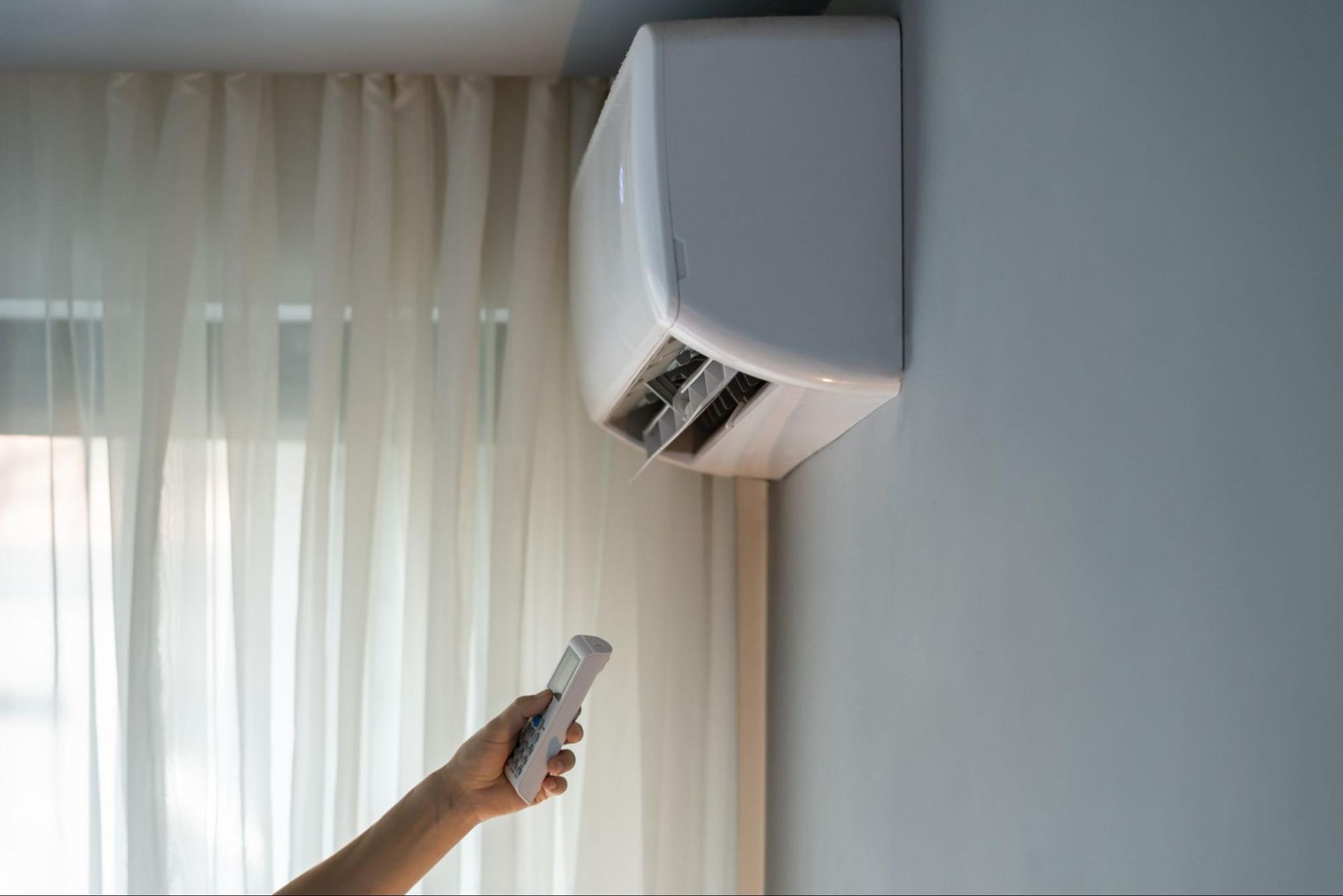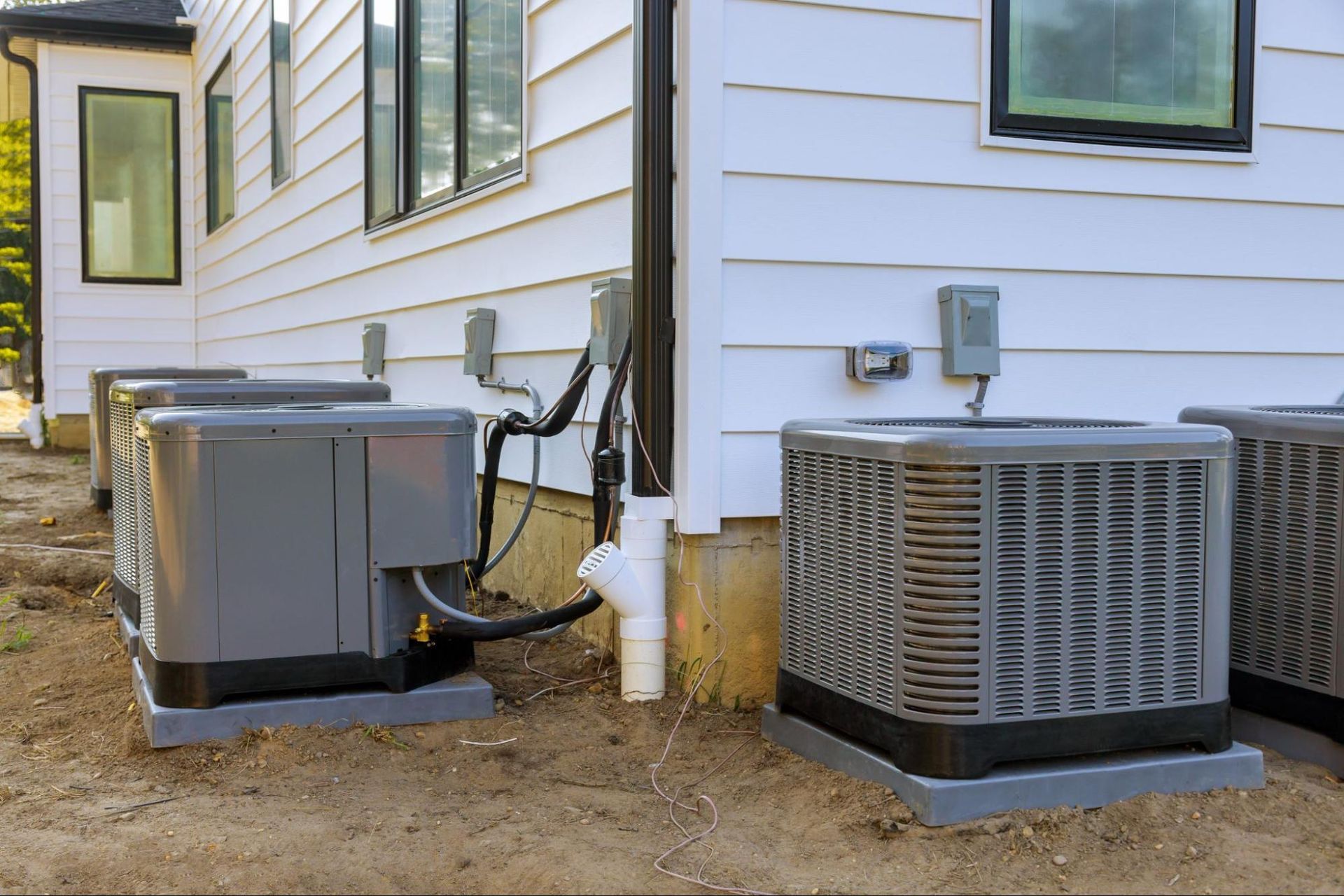Ask Before You Inspect: Essential Questions for Home Inspectors
When it comes to making one of the biggest financial decisions in your life, knowing the right questions to ask before hiring a home inspection service can save you from unforeseen complications and expenses. Whether you're buying a new house or selling your current one, a thorough home inspection ensures that both parties are informed about the property's condition.
Here are key questions you should consider:
- Are you licensed and certified to perform home inspections in this state?
- Do you have insurance in case of missed issues?
- Can you provide references from past clients?
- How long have you been inspecting homes, and what is your experience with properties like mine?
- What will the inspection cover, and are there any limitations?
These questions are crucial for understanding the expertise and reliability of the home inspector, ultimately affecting the integrity and transparency of your real estate transaction. Asking these up front helps build trust and ensures confidence in your property investment.
Questions to Ask Before Hiring a Home Inspection Service
When you're making a big decision like buying or selling a home, hire the right home inspection service. Asking the right questions can help you avoid surprises down the road. Here's what you need to know:
Experience
How long have you been inspecting homes?
Experience matters. An inspector who has been in the business for several years will likely have encountered a variety of issues and know what to look for. According to the
National Association of Home Inspectors, inspections typically last between two and three hours, and experienced inspectors can efficiently manage this time to cover all necessary areas.
Certifications
Are you licensed and certified in this state?
Not all states require licensing, but most home inspectors are certified. Certifications ensure that the inspector has undergone training and adheres to industry standards. This is crucial for a comprehensive assessment of your property.
Insurance
Do you have insurance in case of missed issues?
It's important that your home inspector carries both Errors & Omissions (E&O) insurance and General Liability insurance. These policies protect both you and the inspector if something is overlooked during the inspection. This was highlighted in the
Accurate Home Services article as a crucial factor to consider.
References
Can you provide references from past clients?
References offer insight into the inspector's reliability and thoroughness. Past clients can share their experiences and let you know if the inspector was able to identify potential issues accurately.
Specialization
Do you specialize in certain types of properties?
If you're buying a specific type of home, like a historic property or a new build, ensure the inspector has relevant experience. Different homes have unique challenges, and a specialized inspector can provide a more accurate evaluation.
Comprehensive Coverage
What will the inspection cover, and are there any limitations?
A thorough inspection should cover all major systems, including the roof, plumbing, electrical, and HVAC systems. Ask for a detailed list of what will be inspected and any limitations. This ensures that there are no surprises later on.
Asking these questions not only helps you choose the right home inspection service but also gives you peace of mind. Knowing that your inspector is experienced, certified, insured, and comes highly recommended can make all the difference in your real estate journey.
What to Expect During a Home Inspection
A home inspection is a crucial step in buying or selling a property. It provides a detailed overview of the home's condition and helps identify potential issues. Here's what you can expect during the inspection process:
Inspection Process
The inspection typically lasts between two to four hours. During this time, the inspector will examine the home's structural and mechanical systems. It's advisable for buyers and their agents to be present. This allows them to ask questions and understand the property's condition firsthand. Sellers are usually advised not to attend, as this lets buyers discuss concerns freely with the inspector.
Systems Checked
Inspectors focus on several key areas to ensure the home is safe and functional:
- Foundation: Checked for cracks, settling, or water intrusion.
- Roof: Examined for missing shingles, leaks, or drainage issues.
- Attic: Inspected for proper insulation and ventilation to prevent moisture buildup and mold.
- HVAC Systems: Assessed for efficiency and safety.
- Plumbing: Inspected for leaks and outdated materials in pipes, drains, and fixtures.
- Electrical Systems: Evaluated for safety compliance, including wiring and circuit breakers.
- Exterior Parts: Reviewed to ensure siding and windows protect against the elements.
Limitations
While a home inspection is thorough, it has its limitations. Inspectors cannot predict future problems or assess areas they can't access. For example, issues hidden behind walls or under floors might remain unfinded. Additionally, inspectors don't evaluate cosmetic defects unless they indicate a more serious problem.
It's also important to note that inspectors are not specialists in every area. If they find potential issues, they may recommend further evaluation by a specialist, such as a structural engineer or a pest control expert.
Understanding the inspection process and its limitations helps you make informed decisions. It also prepares you for any negotiations that may arise from the inspection findings.
Essential Questions to Ask During the Inspection
During a home inspection, asking the right questions is crucial. It helps you understand the property's condition and avoid costly surprises down the road. Here are some essential questions to ask during the inspection:
Roof Condition
"What is the current condition of the roof?"
The roof is one of the most expensive components to repair or replace. Make sure to ask about any missing shingles, leaks, or drainage issues. An experienced inspector can estimate the roof's age and life expectancy. This is important because a roof nearing the end of its lifespan might require significant investment soon.
HVAC System
"How is the HVAC system performing?"
The HVAC system is essential for maintaining a comfortable home environment. During the inspection, ask about the system's efficiency, age, and any signs of wear or leaks. An inefficient HVAC system can lead to higher energy bills and discomfort. Understanding its condition can help you budget for future repairs or replacements.
Structural Issues
"Are there any signs of structural problems?"
Structural integrity is vital for a home's safety and longevity. Inquire about any cracks in the foundation, bulging walls, or improperly cut joists. These issues can indicate serious instability and may require further evaluation by a structural engineer. Identifying potential structural problems early can save you from unexpected expenses and safety hazards.
By asking these essential questions during the inspection, you gain a clearer picture of the home's condition. This knowledge empowers you to make informed decisions and negotiate better terms if necessary.
Questions to Ask After the Inspection
Once the home inspection is complete, it's time to dig deeper into the findings. This is your chance to clarify any uncertainties, address major concerns, and plan for any necessary follow-up inspections. Here are the questions to ask after the inspection to ensure you're fully informed:
Report Clarification
"Can you explain this part of the report?"
Home inspection reports can be lengthy and filled with technical jargon. If there's any part of the report that you don't understand, don't hesitate to ask for clarification. A good inspector will break down complex information into simple terms, ensuring you grasp every detail. This understanding is crucial for making informed decisions about the property.
Major Concerns
"What are the most serious issues found?"
Not all issues highlighted in the report are equal. Some might be minor, while others could be deal-breakers. Ask the inspector to pinpoint the most significant problems that need immediate attention. Knowing these concerns can guide your next steps, whether it's negotiating with the seller or planning for repairs.
Follow-up Inspections
"Do we need to bring in a specialist?"
Some issues might require a closer look from a specialist, like an electrician or plumber. Ask your inspector if any findings warrant a follow-up inspection by an expert. This is especially important for areas outside the inspector's expertise, like detailed electrical work or structural assessments. Bringing in a specialist can provide a more accurate estimate of repair costs and severity.
By addressing these questions after the inspection, you ensure that you have a comprehensive understanding of the property's condition. This proactive approach not only aids in making informed decisions but also prepares you for any negotiations or repairs needed before finalizing the purchase.
Frequently Asked Questions about Home Inspections
What is the biggest red flag in a home inspection?
One of the most significant concerns during a home inspection is electrical damage. Faulty wiring or outdated electrical systems can pose serious safety risks, including the threat of fires. Look for signs like exposed wires or overloaded circuits. These issues should be addressed immediately to ensure the safety of the home.
Another major red flag is dampness. This can indicate water damage, mold, or structural issues. Damp areas, especially in basements or around windows, need thorough investigation. Mold not only affects the structural integrity of a home but can also have health implications.
What are the four points of a home inspection?
When conducting a home inspection, four main areas are typically evaluated:
- Roofing: Inspectors check for leaks, damaged shingles, and overall roof integrity. A compromised roof can lead to water damage and costly repairs.
- Electrical: The electrical system is assessed for safety hazards, such as faulty wiring or outdated panels. Ensuring the electrical system is up to code is crucial for safety.
- Plumbing: Inspectors look for leaks, pipe corrosion, and water pressure issues. Plumbing problems can lead to water damage and mold growth if not addressed.
- HVAC: The heating, ventilation, and air conditioning systems are checked for functionality and efficiency. An outdated or malfunctioning HVAC system can affect comfort and energy costs.
These four points provide a comprehensive overview of a property's condition, helping buyers make informed decisions.
What should I bring to a home inspection?
To get the most out of your home inspection, it's helpful to bring a few key items:
- Notebook: Use this to jot down any observations or questions you have during the inspection. Taking notes can help you remember important details when reviewing the report later.
- Camera: Capture photos of problem areas or anything that seems out of the ordinary. Visual documentation can be useful for reference and discussions with sellers or contractors.
Bringing these items ensures you're prepared to engage actively in the inspection process, helping you better understand the property's condition and any potential issues.
Conclusion
Choosing the right home inspection service is crucial for ensuring the safety and value of your property. Accurate Home and Commercial Services stands out as a reliable choice in the Greater Houston area, offering comprehensive inspection services custom to meet your needs. Their commitment to customer satisfaction and attention to detail means you can trust them to provide a thorough evaluation of your home.
Customer satisfaction is at the heart of Accurate Home and Commercial Services. Their team of experienced inspectors takes pride in delivering clear and detailed reports, helping clients make informed decisions. Whether you're buying or selling, their inspections can identify potential issues that might otherwise go unnoticed.
Ensuring property safety is another key focus. Accurate Home and Commercial Services' thorough inspections cover critical areas like roofing, electrical systems, plumbing, and HVAC. By identifying potential hazards early, they help protect your investment and ensure the safety of all occupants.
For a reliable home inspection service that prioritizes your needs and offers peace of mind, consider reaching out to Accurate Home and Commercial Services. They are dedicated to providing exceptional service and helping you maintain a safe, efficient, and valuable property.











